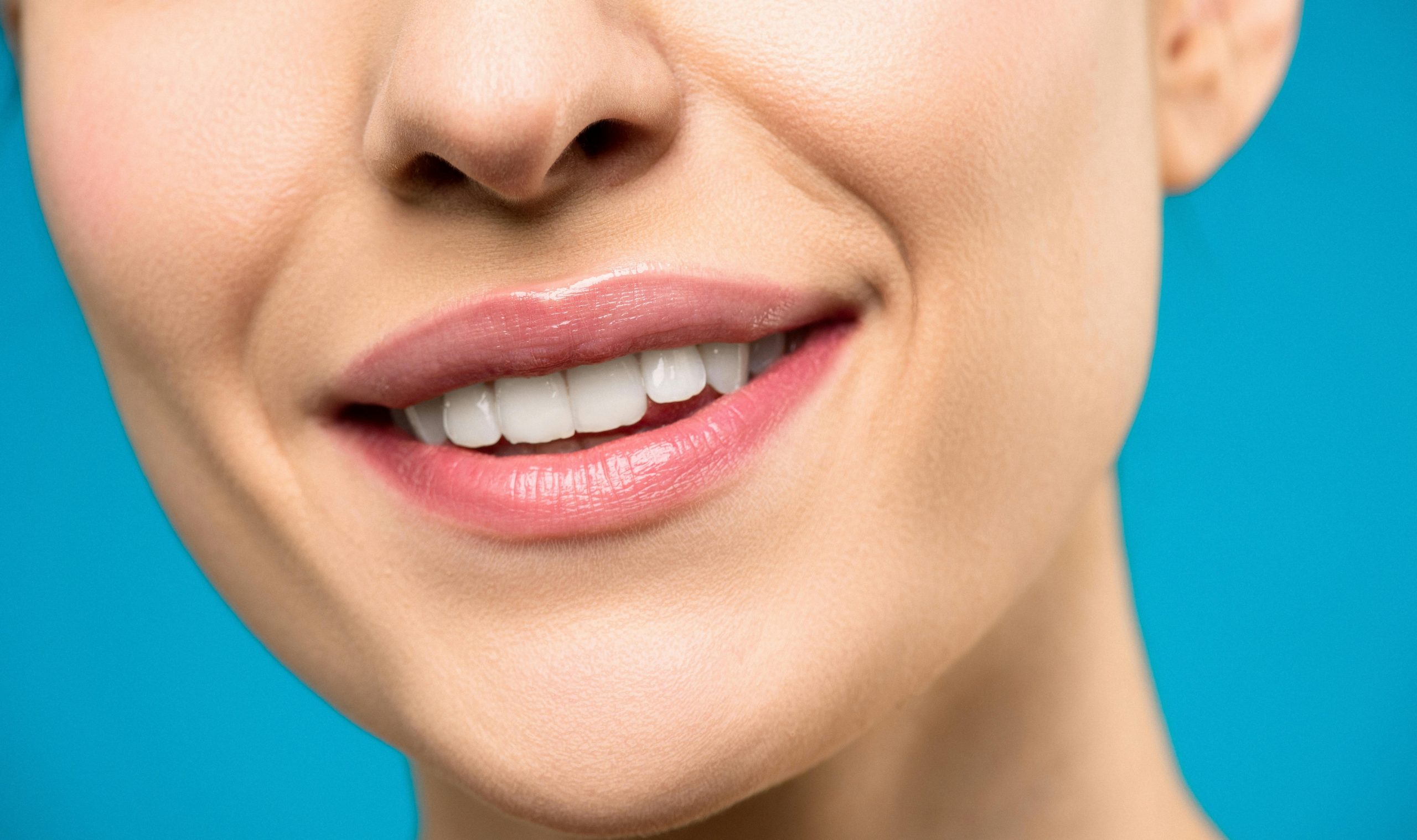
Mouth taping might sound strange, but it’s becoming a popular way to improve sleep, breathing, and overall health. The idea is simple: you place a small piece of special tape over your lips before bed to keep your mouth closed while you sleep.
This gentle reminder to breathe through your nose can help reduce snoring, improve sleep quality, and even boost your oral health. While it’s not a cure for everything, many people have found real benefits with consistent use.
In this article, we’ll explore what mouth taping is, who it’s for, and the top mouth tape benefits you should know about.
What Is Mouth Taping?
Mouth taping is a sleep habit where people use soft, skin-safe tape to gently close their mouths at night. The tape helps prevent mouth breathing, which is common but not ideal—especially during sleep.
Nasal breathing (breathing through the nose) is generally healthier than mouth breathing. It filters the air, adds moisture, and helps regulate oxygen levels in the body. Mouth taping encourages this natural, healthier way of breathing.
Important Note: If you have sleep apnea, nasal blockage, or trouble breathing through your nose, talk to a doctor before trying mouth taping.
1. Better Sleep Quality

One of the biggest reasons people try mouth taping is to sleep better. Breathing through your nose can help keep your airways open and your breathing more stable throughout the night.
Benefits may include:
- Fewer wake-ups during the night
- Less tossing and turning
- Feeling more rested in the morning
- Reduced dry mouth or sore throat upon waking
Some users report deeper, more refreshing sleep after just a few nights of mouth taping.
2. Less Snoring
Snoring often happens when people breathe through their mouths while sleeping. Air passing through a relaxed throat can cause vibrations that make snoring sounds.
Mouth taping can help reduce or even stop snoring by:
- Keeping your mouth closed
- Encouraging proper tongue position
- Promoting nasal airflow
If you or your partner snores loudly at night, this small change might make a big difference.
3. Encourages Nasal Breathing
Our noses are designed for breathing. They warm, filter, and humidify the air before it enters the lungs. Mouth breathing bypasses these benefits.
Mouth tape benefits include helping you:
- Breathe more efficiently
- Stay more relaxed while sleeping
- Avoid dry, irritated airways
- Lower your risk of respiratory infections
Many people don’t realize they mouth-breathe at night. Taping your mouth can make you more aware of your habits and gently retrain your body to breathe through your nose.
4. Reduces Dry Mouth and Bad Breath
Mouth breathing can dry out your mouth, especially overnight. This can cause:
- Morning breath
- Gum irritation
- Cavities
- Cracked lips
Saliva helps fight bacteria and protect your teeth. When your mouth stays closed, your saliva can do its job better. That means fresher breath and a healthier mouth when you wake up.
5. May Improve Focus and Energy
The quality of your sleep has a direct impact on your mental sharpness, energy, and mood. If you breathe through your mouth at night, it can disrupt your sleep cycle by causing shallow breathing, snoring, or even light sleep apnea. This often results in feeling tired, unfocused, or irritable the next day—even if you slept for 7–8 hours.
Mouth taping encourages nasal breathing, which supports a healthier sleep pattern by promoting slower, deeper breathing and more oxygen exchange during sleep. This can lead to more restorative rest, helping your brain and body recharge properly.
Potential mouth tape benefits include:
- Improved mental clarity – Better sleep can reduce brain fog and help you think more clearly.
- More stable energy levels – Instead of an afternoon crash, you may feel more consistent energy throughout the day.
- Better mood – Good sleep supports emotional balance and can help reduce irritability or stress.
When your body sleeps well and breathes efficiently, you’re more likely to wake up refreshed and mentally ready for the day. Mouth taping may be a simple way to support this process naturally.
6. Supports Oral Health

Breathing through your mouth at night can dry out your mouth, which increases the risk of several oral health issues. Saliva plays a key role in protecting your teeth and gums—it helps wash away food particles, neutralizes acids, and prevents bacteria from growing. When your mouth gets too dry during sleep, that protection drops, making your teeth and gums more vulnerable.
Dry mouth can lead to:
- Cavities – Less saliva means your mouth can’t wash away sugar and bacteria effectively, which leads to tooth decay.
- Gum disease – Dryness encourages plaque buildup, which can cause inflammation and infections in the gums.
- Mouth sores – A dry environment can irritate the inside of your cheeks, tongue, and lips, causing painful sores or cracks.
Mouth taping encourages you to keep your mouth closed while you sleep, which keeps it more moist and protected. This small habit can support better oral hygiene by reducing the effects of dry mouth. Many dentists even recommend nasal breathing for patients who experience tooth grinding, dry mouth, or bad breath—and mouth taping can be a helpful part of that plan.
7. Can Help with Mild Sleep Apnea
Mouth taping is not a cure for sleep apnea—but for people with very mild cases or those who use CPAP therapy, it may offer support.
Some CPAP users tape their mouths to:
- Prevent air leaks from their mask
- Keep their mouth closed while using nasal masks
- Improve the overall comfort of CPAP therapy
If you have been diagnosed with sleep apnea or use a CPAP machine, always consult your doctor before using mouth tape.
8. May Help with Allergies or Congestion
For people who deal with mild allergies or stuffy noses, mouth taping might help improve breathing over time. While it may seem counterintuitive to tape your mouth when you’re feeling congested, some users report that regular nasal breathing helps train the sinuses to stay clearer and more open. The idea is that by gently encouraging nasal breathing, your body becomes better at using and maintaining those airways—especially during sleep.
Mouth taping may:
- Reduce nighttime congestion. Nose breathing can help filter out allergens and irritants more effectively than mouth breathing, which may reduce overall nasal inflammation.
- Improve airflow through the nose. Using your nose regularly can stimulate the nasal passages and encourage better airflow, much like a muscle that gets stronger with use.
- Lower your need for decongestants or nasal sprays. Over time, some people find they rely less on medications to breathe freely at night.
However, it’s important to be cautious. If you experience severe nasal blockage, chronic sinus infections, or have a deviated septum, you should talk to an ENT (ear, nose, and throat) doctor before trying mouth taping. Breathing should always feel natural and comfortable—never forced or strained.
Tips for Getting Started with Mouth Taping
If you’re thinking about trying mouth taping, it’s important to start slowly and take a safe, comfortable approach. While this practice can offer many benefits, jumping in too fast can feel strange—or even uncomfortable. These beginner-friendly tips will help you ease into it and get the most out of the experience.
- Use breathable, skin-safe tape. Not just any tape will do. Look for tape specifically made for mouth taping, like brands designed for sleep or medical-grade paper tape. These are gentle on the skin and allow some airflow while still keeping your lips closed. Avoid using duct tape, packing tape, or anything too sticky or abrasive.
- Start slow. If the idea of taping your mouth shut feels uncomfortable at first, that’s completely normal. Try it during a short nap or for an hour or two before bed. This lets your body get used to the sensation gradually, instead of committing to a full night right away.
- Tape vertically or across the center. You don’t need to completely seal your lips. A small strip of tape placed vertically in the middle of your lips—or just across the center horizontally—is often enough to remind your mouth to stay closed. This method also allows you to breathe through the sides of your mouth in case of an emergency.
- Make sure you can breathe through your nose. This is key. Before you tape, check that your nasal passages are clear. Blow your nose, use a saline spray, or take a warm shower to reduce any congestion. If you regularly struggle with nasal breathing, you should talk to a doctor before trying mouth taping.
- Stop if you feel anxious or can’t breathe comfortably. Mouth taping isn’t for everyone. If you feel panicked, claustrophobic, or short of breath, remove the tape right away. Never force yourself to continue if you’re uncomfortable. Your safety and comfort come first.
By following these tips, you can ease into mouth taping safely and gently. Everyone’s experience is different, so it’s okay to experiment and find what works best for you.
Who Should Not Use Mouth Tape?
Mouth taping is generally safe for healthy people, but it may not be right for everyone. You should avoid it if you:
- Have severe nasal congestion
- Have untreated sleep apnea
- Have anxiety or panic attacks related to restricted breathing
- Are under 18 without parental guidance
- Have certain medical conditions (check with your doctor first)
Safety comes first. When in doubt, ask your healthcare provider before trying mouth tape.
How to Choose the Best Mouth Tape
Not all tape is safe or comfortable for use on your lips. Avoid using duct tape, packing tape, or other harsh adhesives.
Look for:
- Hypoallergenic material
- Medical-grade adhesive
- Breathable fabric or paper
- Easy removal without skin damage
Popular brands include SomniFix, Hostage Tape, and 3M Micropore. Many people test a few options to find what works best for them.
Final Thoughts
Mouth taping might look odd, but it offers a surprising number of benefits for sleep, breathing, and health. By encouraging nasal breathing, it can help you reduce snoring, sleep better, and wake up feeling more refreshed.
From dry mouth relief to better focus during the day, the mouth tape benefits are real—if done safely and consistently.
If you’re wondering whether this sleep habit is right for you, start small, talk to your doctor if needed, and listen to your body. With time, this simple tool may make a big difference in your health and daily life.
